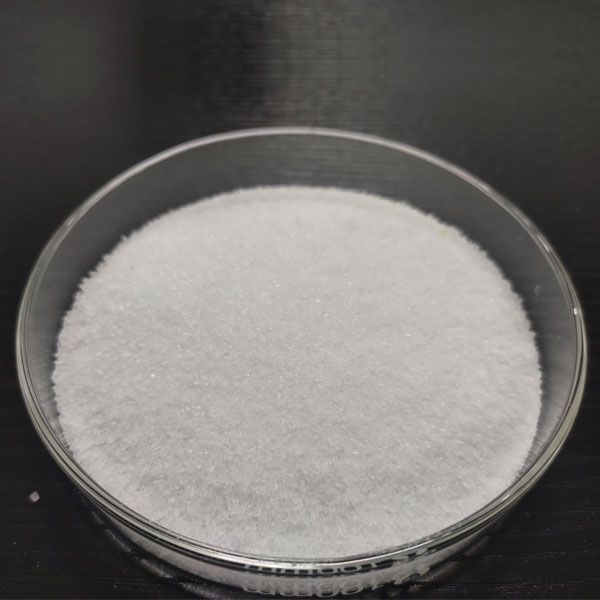Configuration of ポリカルボン酸系超可塑剤
Polycarboxylic acid water-reducing agent is a high-performance water-reducing agent, which is not only environmentally friendly, but also non-flammable and non-explosive. Let’s take a look at its several preparation methods.
For the preparation of polycarboxylic acid water-reducing agent, the design of molecular structure is very important, including the main chain group, side chain density and side chain length in the molecule. The synthesis methods mainly include in-situ polymerization grafting method, polymerization first and then functionalization method and monomer direct copolymerization method.
1. In-situ polymerization grafting method
Polyether is used as the medium for the polymerization of unsaturated monomers to make the main chain polymerization and the introduction of side chains proceed at the same time. The process is simple, and the molecular weight of the synthesized water reducing agent can be controlled to a certain extent, but this method involves The esterification reaction is a reversible reaction, and the grafting rate is relatively low when it is carried out in an aqueous solution, which has been gradually eliminated.
2. First polymerization and then functionalization method
This method is mainly to synthesize the main chain of the water-reducing agent first, and then introduce the side chains for functionalization by other methods. This method is difficult to operate, the molecular structure of the water-reducing agent is not flexible and the compatibility between monomers is not good. Make the use of this method will have greater restrictions.
3. Direct monomer copolymerization method
This method is to first prepare the active macromonomer, and then copolymerize the small monomer and the macromonomer under the initiation of the initiator in the aqueous solution. With the increasing maturity of the synthesis process of macromonomers and the increasing variety, this preparation method has become a more common method for the synthesis of polyanthoic acid water-reducing agents at this stage.


